| Written for the November edition of the Hungarian book review Könyvjelző. |
The periphery primarily means the edge of the city, where “there is suffering, loneliness and misery”. To go there every day is a self-evident duty of the Archbishop of Buenos Aires, as well as that of any other Christian. And not for the sake of the everyday complacency that, because one made this sacrifice with the one hand, and with the one hand because one is, thank God, not like those to whom one went. But because of two things, whose importance seems to have been somewhat thrust into the background in today’s Christianity. These are solidarity and freedom.
As to what solidarity is, Francis explains it with a simple example. It is precisely these simple examples, as an easy-to-grasp and hard-to-forget lesson, that provide the basic structure of the writings collected in this volume:
“When I go out to hear confessions – here I cannot go out, but this is another problem –, so when in my previous bishopric I went to hear confessions, and someone came, I always asked the question: “Do you give alms?” “Yes, Father.” “Very good, very good.” And then I always asked two more questions: “Tell me, when you give alms, do you look in the eyes of him or her whom you give?” “Oh, I don’t know, I have not yet observed it.” And the other: “And when you give alms, do you touch the hand of him or her whom you give, or you just throw the money there?” That’s the point: the body of Christ, to touch the body of Christ, to keep alive in us the pain for the poor. Poverty for us Christians is not a sociological or philosophical or cultural category: no, but primarily a theological category. I would say, category number one, because our God, the Son of God, when came among us, came poor, and so he comes with us along the way.”
The key for Francis is not to “practice charity”, to give something, either just some alms from our surplus, or more than that. This is only about us. But rather to see the person in him or her whom we give, to enter in an equal relationship with him, and even to be thankful and feel honored that we can enter in relationship with him, because, being poorer than us, is closer to that Christ, who not by chance wanted to be born among the poor and live all his life in poverty.
And this basic concept of solidarity leads to a radically new worldview:
“The term “solidarity” has been considerably worn out, and often misinterpreted, but it is definitely a lot more than a few sporadic manifestations of generosity. Solidarity calls for a new mentality which thinks in community concepts, and which puts the lives of each member of the community much before the expropriation of the goods by a few. … The encounter and solidarity – this word, which has been so much hidden by our culture, as if it had been a dirty word –, solidarity and brotherhood make our civilization truly human. … This is why we must rethink solidarity, not just for the support of the poorest, but for the global reshaping of the whole system, to transform and improve it in accordance with fundamental human rights, with the rights of every human being.”

But to go to the periphery – and in this sense the term refers not only to the edge of the city, but also to the peripheries of our existence – also means that we undertake to exit from the habitual, to encounter the unknown and the unexpected. And in return we obtain creativity and freedom. Francis illustrates this with the reinterpretation of the story of Jonah, and these creatively reinterpreted biblical passages provide another value of the volume:
“Jonah is a particularly interesting figure for our time, the age of changes and uncertainties. Jonah is a man of faith, who lives a peaceful and orderly life: therefore he developed his own clear patterns, and judges everything and everyone on the basis of these rigid patterns. He sees everything clearly, this is the truth. And rigidly. Therefore, when the Lord addresses him, and tells him to go to preach to Nineveh, the great pagan city, Jonah first leaves the thing unheard. What, go there?! Away from where he is in possession of the complete truth? He does not want to… Nineveh falls outside his routines, is at the periphery of his world. So he prefers to flee. … What does this story teach us? To not be afraid to step out of our routines for God, because God is always beyond them. … We are afraid of God’s surprises. But He will always surprise us, because He is like this.”
Or when he reinterprets a verse of the Book of Revelations in the same unexpected way, encouraging in us the same freedom:
“Think about what the Book of Revelation writes, that extremely beautiful passage, where Jesus is standing at our door, knocking at it, calling us, to enter in our hearts (cf. Rev 3:20). This is the meaning of the Book of Revelation. Now ask yourselves: how many times Jesus is standing inside, knocking on the door to exit, but we do not let Him go, for the sake of our own certainty, because so often we close ourselves in transitory structures, which are only good to make us servants, and not the free sons of God.”
Solidarity and community, freedom and creativity, the acceptance and joy of novelty. These few basic concepts are the subjects of the writings collected in this volume. Of which the third great value is credibility. Francis as a writer does not take on the role of the theologian, the teacher or the authority, but writes for us like one who travels on the subway to other fellow travelers, about those few things that he has been thinking about during the many mileages covered, and about which he can speak with conviction. Which is the most an author can give.
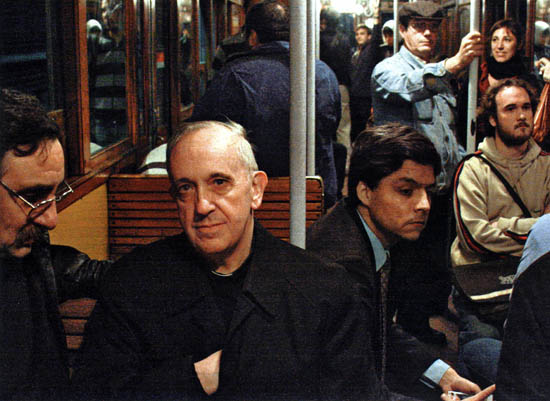
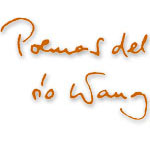




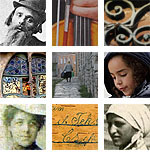
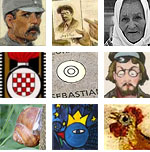

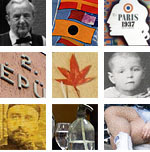
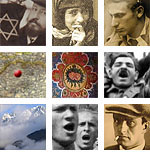
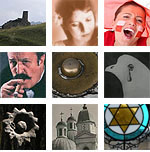
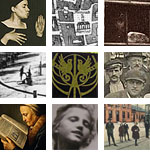
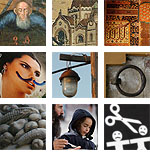
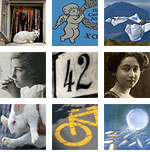
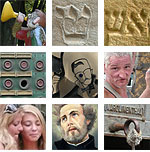
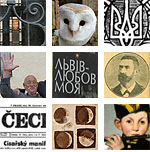
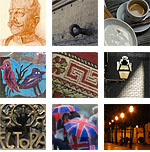
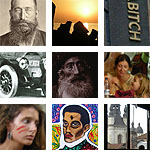
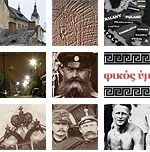
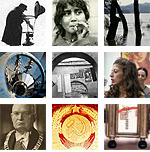
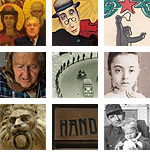

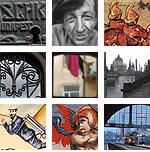
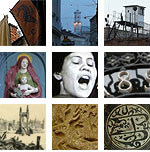

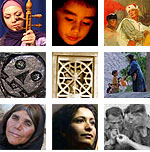
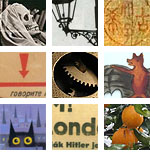
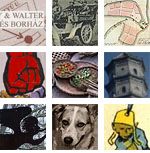
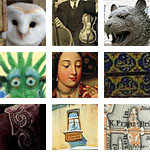
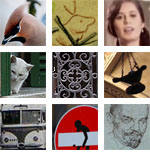
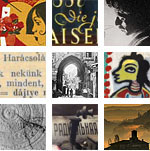
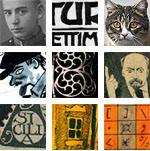
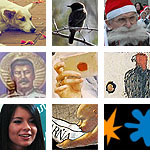

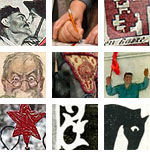
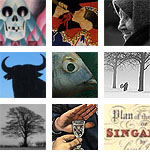
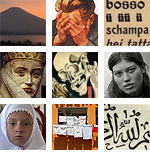

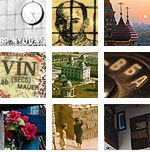

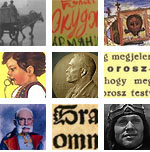

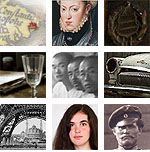
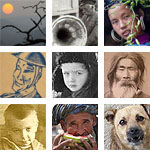
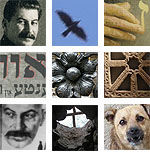
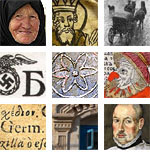

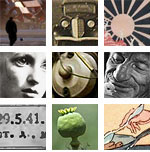
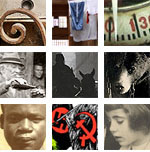
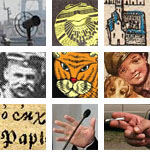
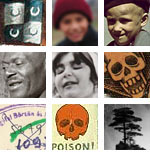
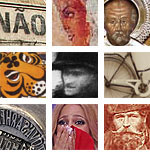
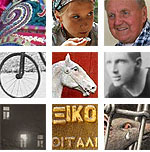
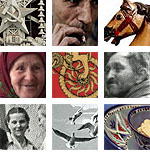



No hay comentarios:
Publicar un comentario